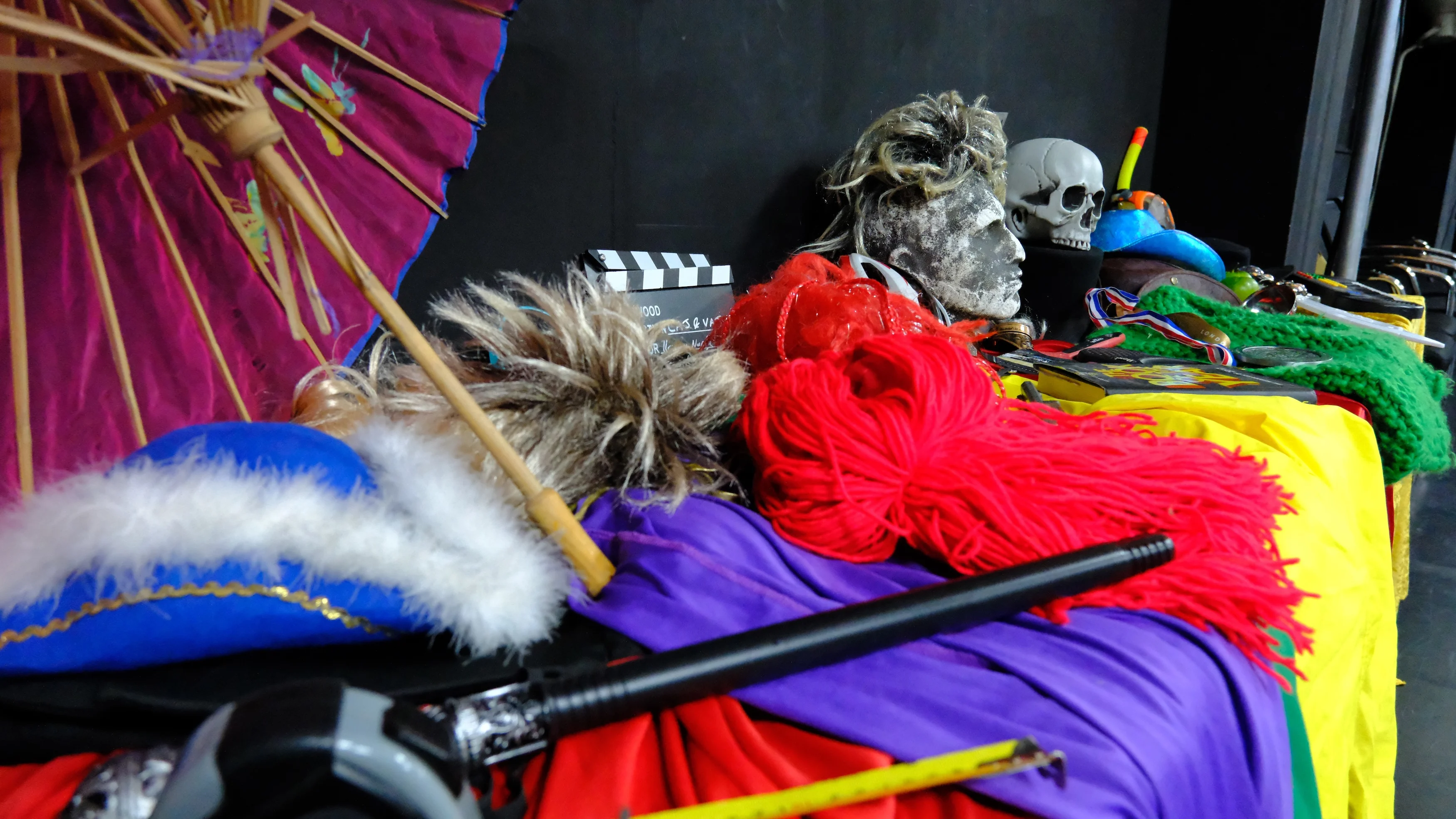
Make Friends Have Fun With Props: Play Games, Discover, Connect - Playface x The Fun Fed
Old Winchester Arms, London
Learn More

This is the Playface guide to funny things 😛 there’s lots of other fun theories out there too.
For something to be funny, it usually needs to tick three boxes:
Surprising - Something happens that goes against what we expected
Relatable - We understand enough of the situation for that surprise to register
Safe - The audience feels comfortable enough to laugh
Let’s unpack these a little.
Possibly the most essential ingredient. Something happens that breaks a pattern, rule or norm. It has to go against what we expected - and we have to have that expectation in the first place.
Seeing a random shooting star is surprising — but it doesn’t violate an expectation, so it’s not funny. It’s just beautiful or interesting.
The surprise doesn’t have to be brand new every time. You can still laugh at a repeated joke or running gag - because even if you know it’s coming, it’s still breaking the underlying expectation of normal behaviour.
Too much surprise, though and you lose the funny. It just becomes confusing, shocking or mysterious. Comedy usually lives in the sweet spot - just enough twist to delight.
A surprising moment without context is just nonsense. For a twist to land, the audience needs to know what was supposed to happen. That’s what relatability gives us.
We’re not talking “relatable” as in “I’ve been there.” We mean: do I understand this world enough to know the rules?
Recognising the characters, situation or genre means we have expectations - and those are what get broken.
If a cat starts meowing like a sheep, that’s surprising and funny. But if you didn’t know what a cat sounds like, it’s just noise.
This is also what we mean by “grounding” in comedy. A grounded scene is one the audience understands - which gives us the structure needed for the surprise to work.
You only laugh if you feel okay. That might be because you know it’s all pretend, or no one’s really being hurt, or the target is punching up not down.
A clown falling over on purpose = funny.
If we’re bracing, worried or feeling second-hand shame - we’re not laughing. Safety might be the most invisible part of this trio, but it’s absolutely essential.
There’s a popular idea in humour studies called benign incongruity - the claim that funny things are both unexpected (incongruous) and harmless (benign).
We like that model. But we think the words are clunky - and we prefer to break it down like this:
Benign becomes our Safe
Incongruity is actually two things: Relatable (you know what’s expected) and Surprising (something else happens)
So we’re not rejecting the theory - just untangling it. Instead of just saying “incongruous,” we talk about what expectations were set, and how they got broken, in a way that’s more usable in the rehearsal room or on stage.
